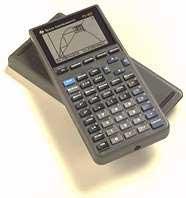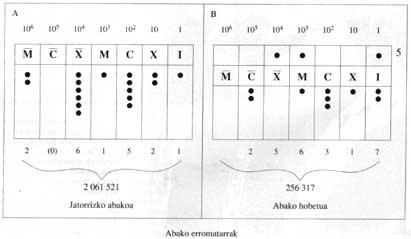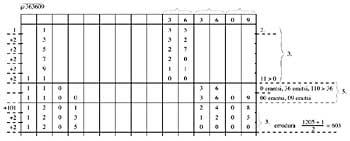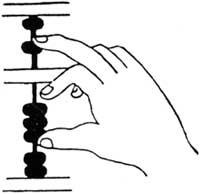Influence of the calculator on students
2001/05/14 Roa Zubia, Guillermo - Elhuyar Zientzia

Canadian psychologists have worked with three groups of local students. The first group consisted of Chinese students trained in China, the second by Chinese students trained in Canada, and the third by non-Chinese students from Canada. All students were asked to do math exercises, and scientists carefully analyzed how they performed the exercises.
Chinese students, trained in both Canada and China, had the highest ability to perform simple exercises. However, the most complex exercises were the Chinese raised in China, and in addition the difference was great.
Psychologists consider that the result of the research is related to the usual use of the calculator. At present, primary and secondary students use the calculator to solve any mathematical exercise, even for the simplest. This custom has consequences especially in the memory of activities. This is how neuropsychologists call the part of the memory that deals with short-term processes. The activity memory plays a very important role in complex exercises and in the students studied a lack of ability to manage this memory fragment is detected.
Scientists want to do more research before deciding whether the calculator should be discarded from primary and secondary. Due to the great influence of cultural variables, it is necessary to analyze family help, stress, the use of the abacus, etc.

Gai honi buruzko eduki gehiago
Elhuyarrek garatutako teknologia






